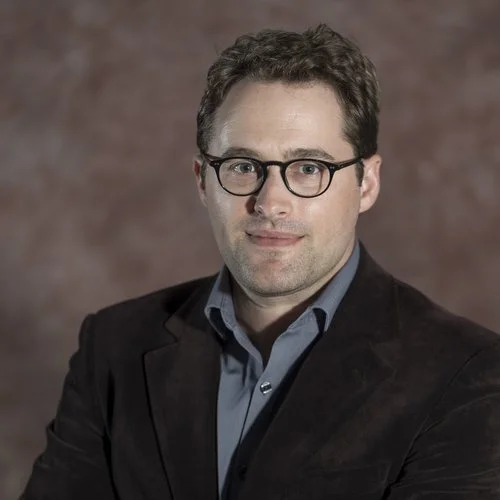Associate Professor Raymond Orr
2019 Cohort
Pronouns: he/him
Raymond is engaging in treatymaking debates in Australia, considering how testimonials about treaties and self-determination from Indigenous and non-Indigenous peoples in the United States and Aotearoa would positively affect discussions in Australia.
Raymond Orr is an American Indian Citizen Potawatomi Nation, currently Associate Professor of Native American and Indigenous Studies at Dartmouth College in New Hampshire, United States.
Raymond acknowledges there are many ways to reach the general public and influence public opinion. He sees himself as someone who is curious about other people, their ideas and what they think of the world. He aims to engage with that, go toward things he doesn’t know and be fair about what he encounters.
“My professional responsibility is to bring knowledge out into the world and be a strong teacher and mentor to students. It is important that we consider the views and perspectives that are shared by Indigenous peoples regarding their preferences and goals. It is equally important that settler societies be aware that these views are diverse and that such diversity is important. And that they are shaped by multiple forces and express complex demands.
One easy way out of understanding these voices is to consider Native nations as the only voice for their peoples or the primary one. This is as easy as it is potentially untrue. There are lots of ways that settler and mainstream society understand public opinion and wishes, it is my project to consider the ways that we might understand or make attempts at understanding political preferences in Indigenous communities better.”
Social change work
Raymond's social change project was on “Indigenous Voice” and the difficulties produced when representing it in a national context. He says this was particularly true in Australia where the local community has been so deeply under assault for the last 200 years, and perhaps more so than other British settler states. Outside of Australia, Indigenous peoples have greater recognition at the local level and do not have to rely upon national-level organisations. This is a challenge in terms of negotiating, and input in to local and national politics and ultimately complicates “voice”.

